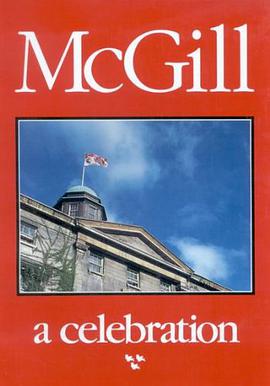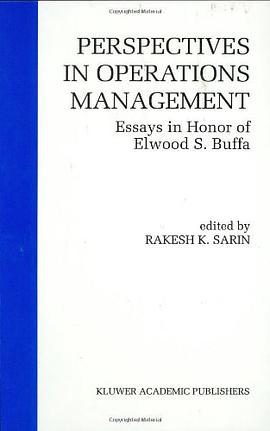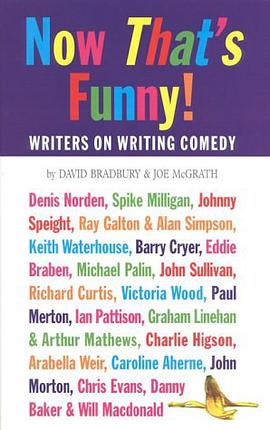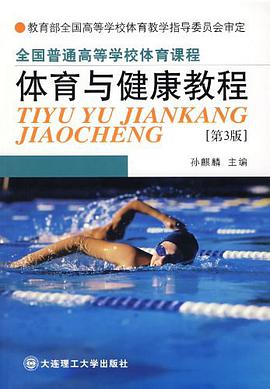

To correct "a persistent distortion in our understanding of Locke and thus in our understanding of what it means to be modern," Philip Vogt reassesses specific aspects of Lockean rhetoric: the theory and use of analogy, the characteristic tropes, the topoi that connected Locke with his original and later audiences. Vogt argues that Locke was not, as commonly supposed, opposed to figuration in language; that he did not rely on scientific societies to police linguistic innovation in science, but trusted instead to the authority of normal usage; that he was not a naive empiricist who viewed the mind as a tabula rasa; and that his commitment to the mechanical philosophical was not unconditional. At the heart of Lockean linguistics and epistemology is an elaborate-but hitherto neglected-"rule of Analogy" which governs the ways we perceive the world, as well as the means by which we convey our perceptions. Preceding Locke's famous invocation of the "state of nature" to explain the social contract was an extensive treatment of the prelapsarian condition as a "state of nature" in its own right. To describe life in our fallen condition, Locke relies on the metaphor of a ship which brings to the sensual encounter with nature faculties that are fallible yet adequate to the challenge. This vision-the aesthetic counterpart to the probabilistic science emerging in Locke's day-appears simultaneously in the seascapes of Willem van de Velde the younger. Vogt concludes that the modern claim of human adequacy is the true target of the postmodern reaction.
具體描述
讀後感
評分
評分
評分
評分
用戶評價
相關圖書
本站所有內容均為互聯網搜索引擎提供的公開搜索信息,本站不存儲任何數據與內容,任何內容與數據均與本站無關,如有需要請聯繫相關搜索引擎包括但不限於百度,google,bing,sogou 等
© 2025 qciss.net All Rights Reserved. 小哈圖書下載中心 版权所有




















